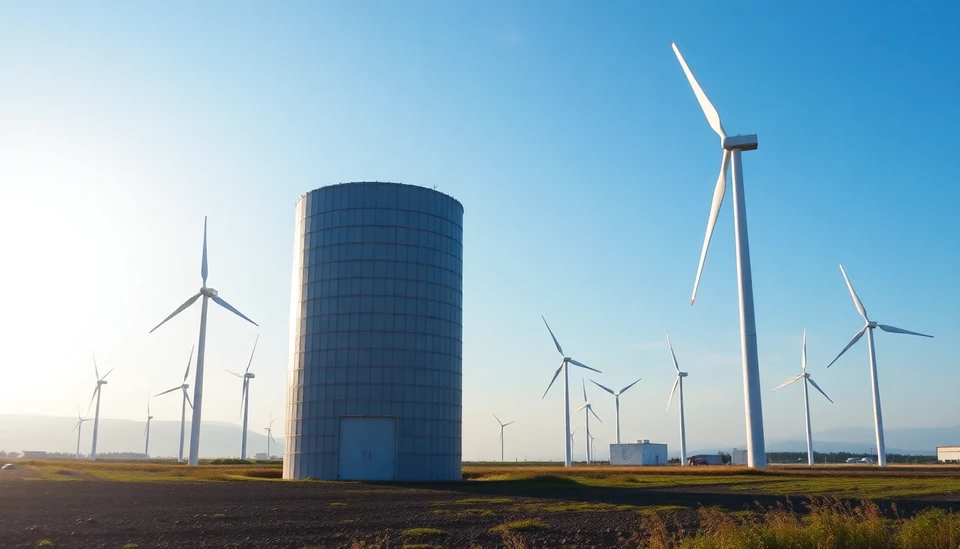
In a remarkable development, the European Union has reported a significant decrease in greenhouse gas emissions, buoyed by a tremendous surge in renewable energy sources. This trend underscores the EU's ongoing commitment to addressing climate change and transitioning towards a more sustainable energy future.
According to recent data released by the European Environment Agency, the EU's emissions fell by approximately 5% in the first three quarters of this year, compared to the same period in 2023. This decline is attributed mainly to an unprecedented increase in renewable energy output, which has now become the predominant source of power across the bloc.
In particular, wind and solar energy have led this charge, with combined production hitting an all-time high. Wind energy alone accounted for over 30% of the EU's total electricity generation during the summer months, while solar power surged to nearly 18% of the electricity mix. This considerable shift has been facilitated by generous investments in infrastructure and technology, as well as supportive government policies aimed at reducing reliance on fossil fuels.
Experts attribute this improved performance to the EU's stringent climate policies. The European Green Deal, which aims to make Europe the first climate-neutral continent by 2050, has played a pivotal role in steering member states towards renewable alternatives. Moreover, the recent energy crisis, driven by geopolitical tensions and rising fossil fuel prices, has further accelerated the push for sustainable energy solutions. Many countries are now prioritizing energy independence through renewable sources as a reliable alternative.
The benefits of this transition extend beyond emissions reduction. Renewable energy has brought about significant economic benefits, creating jobs in emerging sectors and fostering innovative technologies. In addition, cities across the EU are witnessing improvements in air quality, leading to better public health outcomes.
As the EU continues to build on this momentum, additional measures to enhance energy efficiency and expand grid infrastructure are in the pipeline, potentially pushing emissions even lower in the coming years. Analysts are optimistic that the EU will exceed its own climate targets, setting a compelling example for other regions globally.
While the current figures are promising, challenges remain. Questions over energy storage capabilities, the resilience of the grid, and the need for a balanced approach to energy security and environmental sustainability are still at the forefront of discussions among policymakers and stakeholders.
Nevertheless, the EU’s performance this year is a clear testament to what targeted policy measures and investments in renewable energy can achieve. As the world grapples with the urgent need to combat climate change, Europe’s success offers valuable lessons and inspiration for a global transition towards greener energy practices.
Overall, the story of the EU's emissions drop is not just a tale of numbers, but a testament to collective efforts and strategic vision for a sustainable future.
#EU #EmissionsDrop #RenewableEnergy #ClimateChange #Sustainability #EuropeanGreenDeal #WindEnergy #SolarEnergy #CleanEnergyTransition #EconomicGrowth
Author: Sophie Bennett




